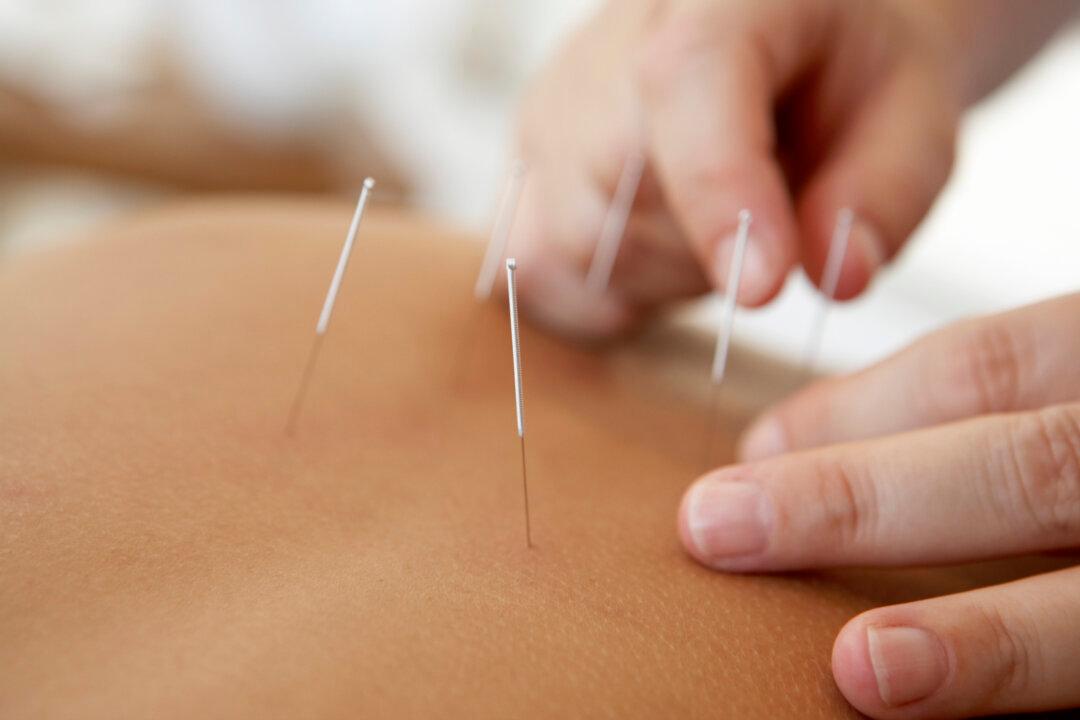Will a time-tested intervention such as acupuncture point your health in the right direction, or is it a useless stab at well-being?
A centuries-old practice that takes off from traditional Chinese medicine, acupuncture has been widely studied for its potential against chronic pain. In one of the largest studies to date, a meta-analysis involving almost 18,000 patients found that acupuncture can effectively treat chronic pain, serving as “more than a placebo.”





